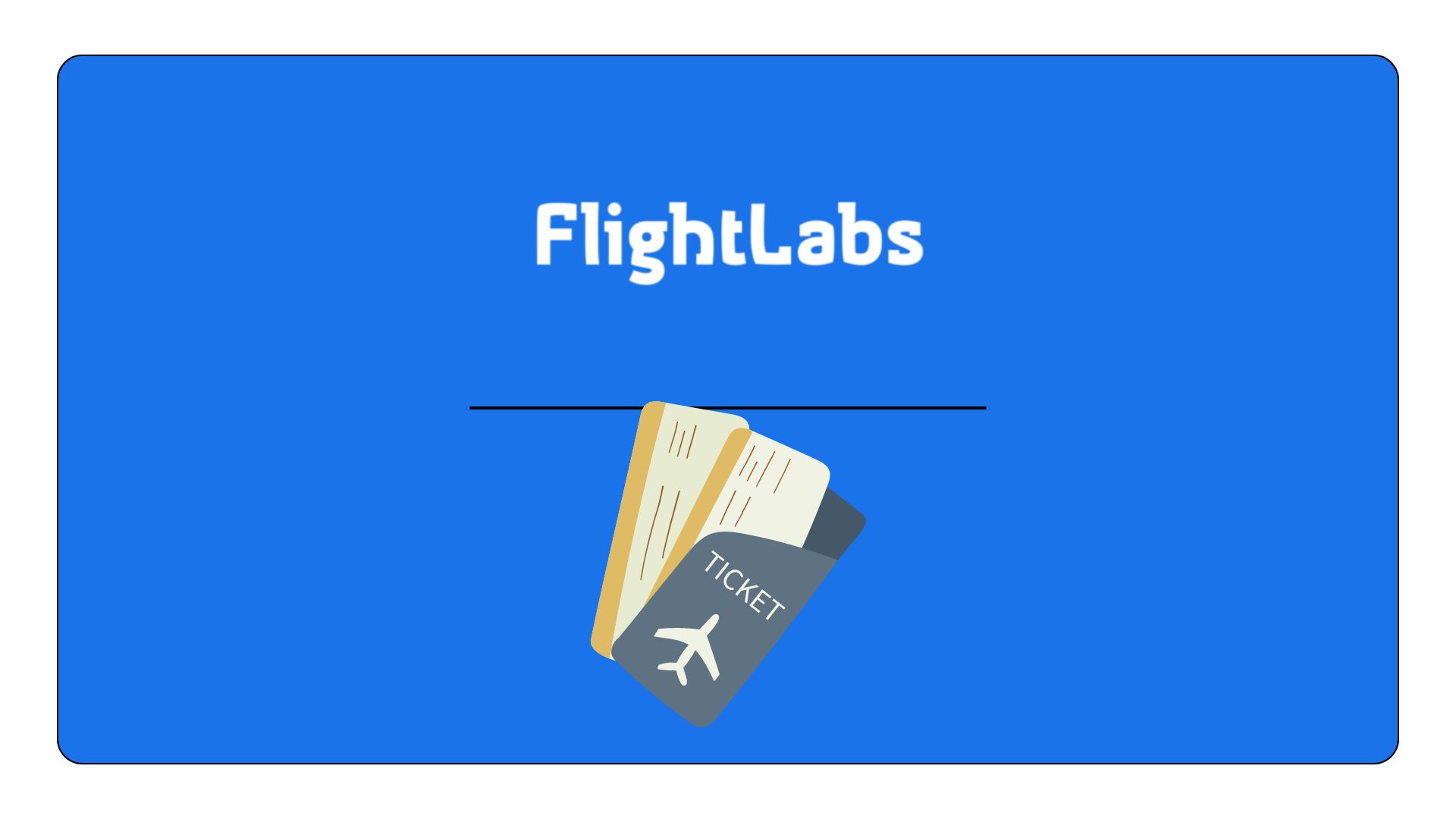Airplanes API For Accurate Aircraft Tracking

As the aviation industry undergoes a digital transformation, the demand for real-time, accurate data continues to rise. From enhancing operational efficiency to improving passenger experiences, the availability of precise flight information has become essential for airlines, airports, and travel platforms. This is where an Airplanes API plays a pivotal role, serving as the backbone for aviation apps that require real-time aircraft tracking and other vital data. By integrating the FlightLabs API solutions into their systems, aviation businesses can automate and optimize various functions, ranging from flight status updates to resource allocation.
Definition of Airplanes API
An Airplanes API is an interface that allows developers to access a vast array of aviation data from different airline databases. APIs serve as a bridge between aviation systems, enabling the exchange of critical information between airlines, airports, and third-party travel platforms. They provide developers with the tools needed to create applications that can seamlessly communicate with these systems, thereby facilitating accurate and real-time data transmission.
In the world of aviation, accuracy is everything. From tracking the real-time location of an aircraft to updating flight schedules, the API offers functionalities that enhance both operational efficiency and the end-user experience. With access to extensive flight data, APIs provide comprehensive information, including flight statuses, routes, booking details, and schedules. The benefits of using such APIs are extensive, as they allow aviation businesses to create applications that automate the retrieval of this data and integrate it into their platforms in real time.
Core Functions
One of the primary functions of an Airplanes API is real-time flight tracking. With access to live data from global aviation systems, APIs provide updates on aircraft locations, flight statuses, delays, cancellations, and more. Whether a flight is departing on time, delayed due to weather conditions, or rerouted because of airspace restrictions, the API ensures that this information is readily available to apps and platforms in real time.
Additionally, this API provides access to flight schedules and airline routes, offering detailed insights into when and where flights are taking place. This data is crucial for airlines, airports, and even travel platforms, allowing them to offer real-time updates to passengers while ensuring that internal teams stay informed about any changes. Furthermore, APIs often integrate with booking systems and flight management platforms, enabling seamless data sharing across the entire aviation ecosystem. From route planning and scheduling to booking and passenger notifications, the API is a key enabler of efficiency and precision.
FlightLabs API Features
One of the standout features of the FlightLabs Airplanes API is its ability to provide real-time flight tracking. Whether you’re tracking a flight’s departure, monitoring its mid-air status, or awaiting its arrival, the API ensures continuous updates on flight statuses, including delays and cancellations. This real-time access is invaluable for both airlines and passengers, offering transparency and helping to reduce the stress caused by flight disruptions.
In addition to real-time updates, it boasts global data coverage, encompassing both commercial and cargo flights. From domestic routes to international operations, the API offers an extensive database that provides valuable insights into flights across the globe. This worldwide coverage makes it a trusted solution for airlines and travel platforms that operate in multiple regions or cater to international travelers.
For developers, integrating the FlightLabs API is straightforward, thanks to its seamless integration capabilities and robust documentation. With clear guidelines and user-friendly tools, developers can easily implement the API into their systems, ensuring a smooth data flow without any major technical roadblocks. Moreover, it prioritizes data accuracy, ensuring that every update is precise and reliable. This focus on accuracy is a key reason why many businesses choose this one over other providers in the market.

